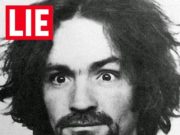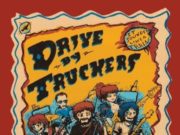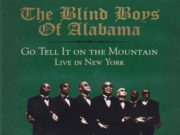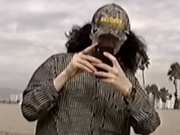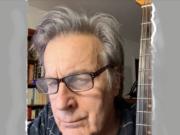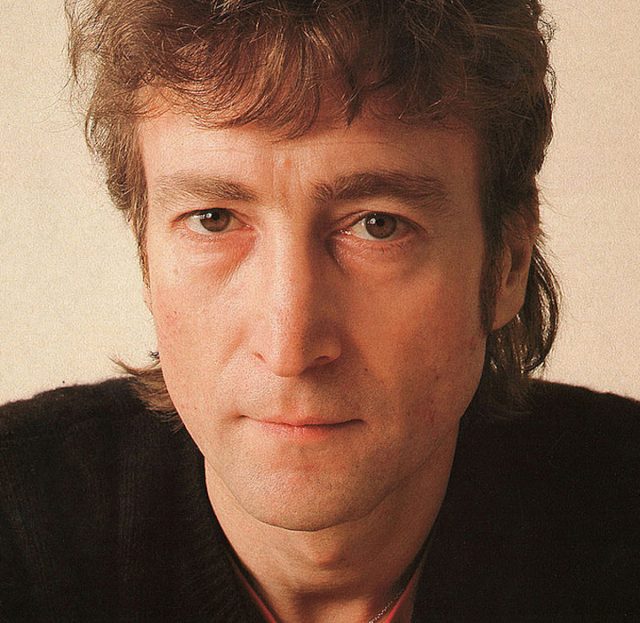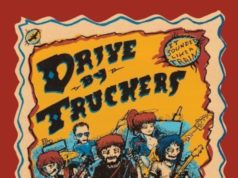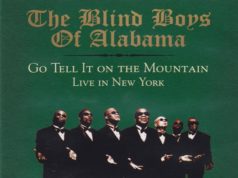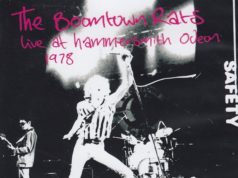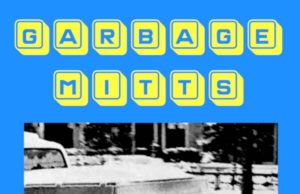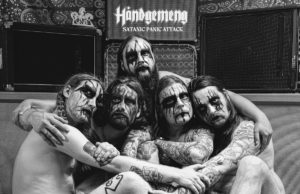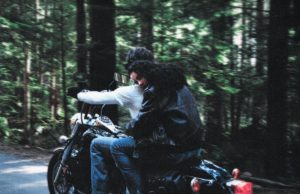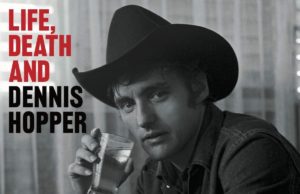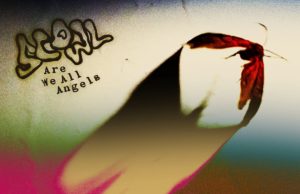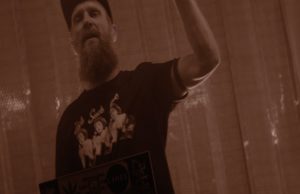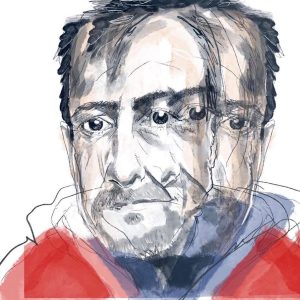 John Lennon has been dead for three years more than he was alive — and more than twice as long as he was famous. But the beloved Beatle will likely always be a source of inspiration, fascination, discussion and even obsession. This is not only because of the songs he wrote or co-wrote, but also due to the dramatic way in which he was taken from us.
John Lennon has been dead for three years more than he was alive — and more than twice as long as he was famous. But the beloved Beatle will likely always be a source of inspiration, fascination, discussion and even obsession. This is not only because of the songs he wrote or co-wrote, but also due to the dramatic way in which he was taken from us.
Lennon was murdered, of course. Assassinated in New York City on Dec. 8, 1980. It’s the only musician death date I can easily recall. But that’s me. The same is probably true for many other people, with entirely different musicians. It all depends on what floats your boat — classic rock, jazz, blues, hip-hop or even baroque. Yeah, that’s right — baroque. The first documented case of a popular musician being assassinated may be that of Alessandro Stradella, who was stabbed to death at the Piazza Banchi in Genoa on the 25th of February, 1692. He was prolific, influential and funny. Sound familiar? His murder was a contract killing, but the perpetrator was never discovered.
There have actually been dozens of murdered stars of the music industry. I’m going to go through a few of the more notable ones, in my opinion.
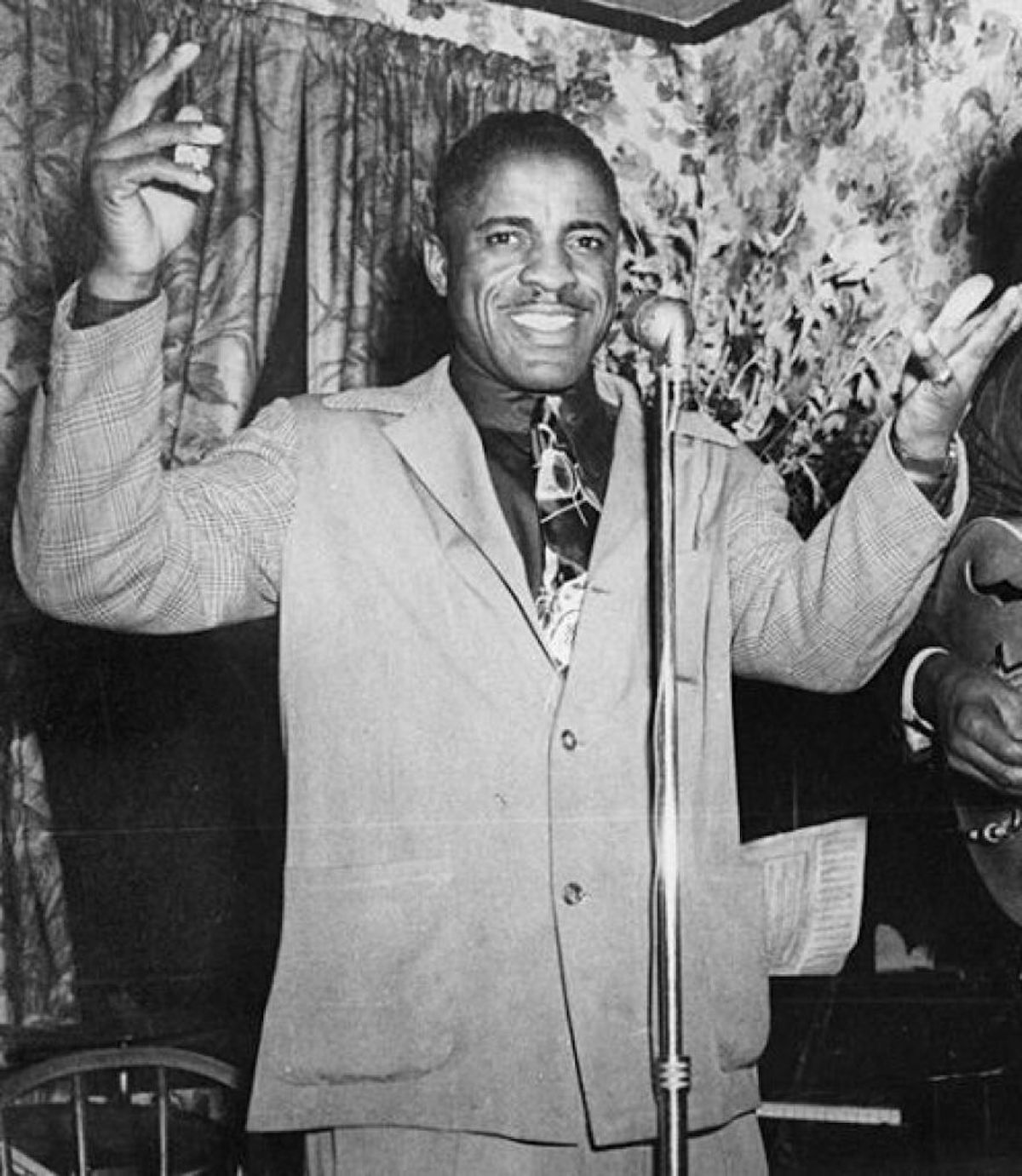
Blues musician Sonny Boy Williamson (John Lee Curtis Williamson) was killed in a robbery/mugging in the south side of Chicago as he walked home from a gig. Sonny Boy was active through the 1930s and ’40s, and is not to be confused with the other performer, Rice Miller, who took the name in the 1950s and ’60s. Williamson was an influential harmonica player and wrote several well-known songs which became standards, like Good Morning, School Girl.
Soul singer-songwriter Sam Cooke — recently named the third greatest singer of all time by Rolling Stone — was shot and killed on Dec. 11, 1964 at the Hacienda Hotel in Los Angeles. The woman who shot him, hotel manager Bertha Franklin, testified she was attacked and the killing was ruled a justifiable homicide. One of Cooke’s best-known songs, A Change Is Gonna Come, was released shortly after his death. His other legendary, all-time hits include Chain Gang, You Send Me, Twistin’ the Night Away and Only Sixteen.
Jazz saxophonist King Curtis (Curtis Ousley) may be most well-known for two solos he did on rock songs — Aretha Franklin’s Respect and Yakety Yak by The Coasters. But his CV includes stints and sessions with Lionel Hampton, Cannonball Adderley, Buddy Holly and Waylon Jennings. He died of stab wounds, after he was found on the steps of his Manhattan apartment building after getting into an argument with a pair of drug dealers. Curtis was trying to carry an air conditioner into the building, but one of the men refused to move. A fight broke out, Curtis was stabbed and died later in hospital. Aretha and Stevie Wonder both performed at his funeral.
Al Jackson Jr. was such an incredible drummer that he was known as “the human timekeeper.” An in-demand session musician at Stax, he was the original drummer of Booker T and the M.G.’s. Jackson survived a gunshot wound from his estranged wife Barbara Jackson in July 1975. But on Sept. 30 he returned home after watching the Thrilla in Manila to find intruders in his apartment. He was forced to his knees and shot five times in the back. The suspected gunman was shot by police the following summer in an unrelated gun battle.
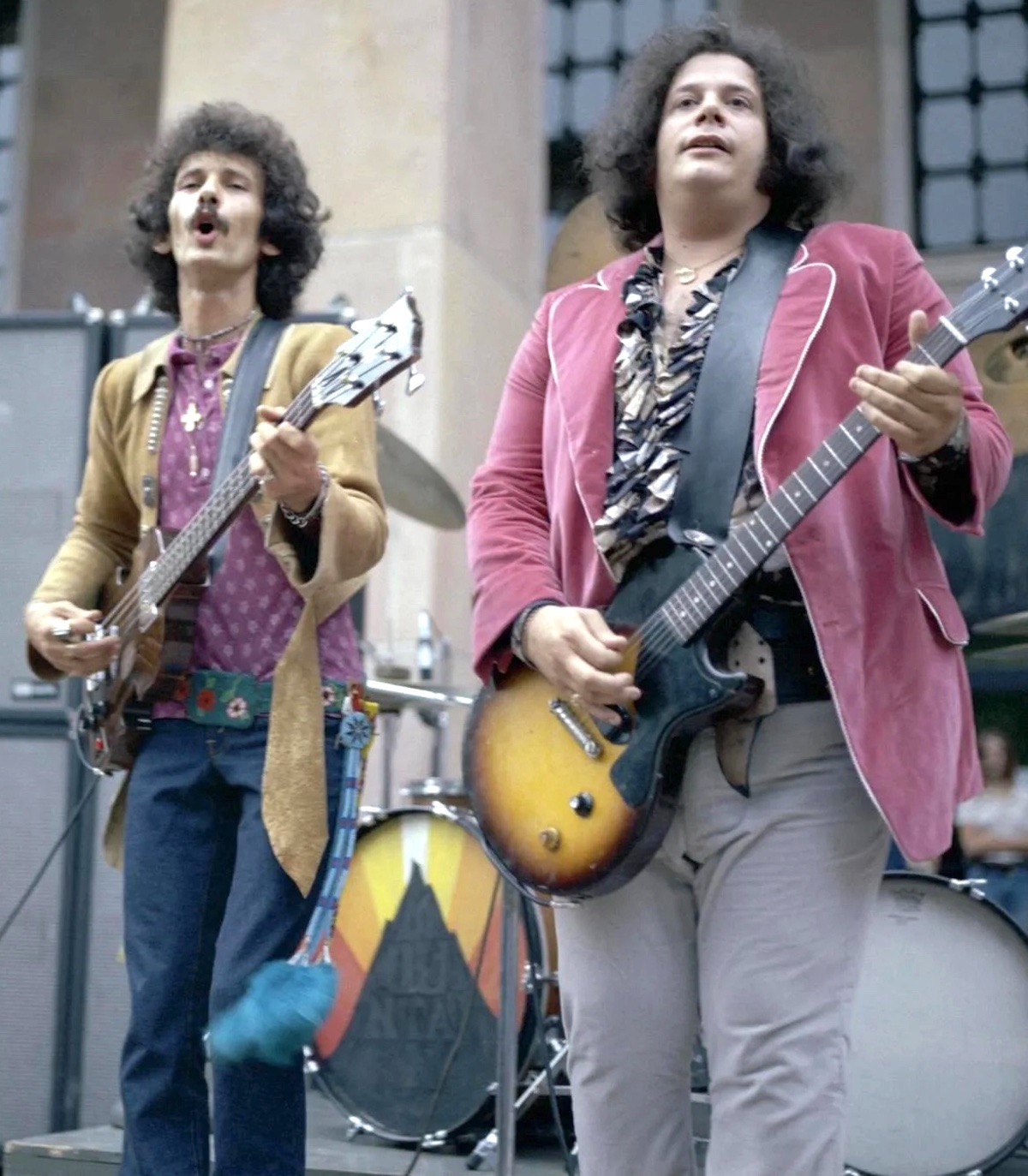
Felix Pappalardi is best-known as the bass player in Mountain, but he was also an accomplished producer, vocalist and songwriter. In fact, he and his wife Gail Collins co-wrote Strange Brew with Eric Clapton for Cream, and he produced their incredible Disraeli Gears album. He and Collins also wrote the Mountain hit Nantucket Sleighride. It was actually Collins who killed him — she shot him in April 1983 with a handgun he bought her as a gift. Collins was also a talented artist and was responsible for many of Mountain’s album covers.
Songwriter and soul vocalist Marvin Gaye was shot and killed by his father Marvin Gaye Sr., after intervening in a fight between his parents on April 1, 1984, the day before his 45th birthday. Gaye had a stunning career including hits I Heard It Through The Grapevine, What’s Going On, Mercy Mercy Me, Let’s Get It On, How Sweet It Is, Too Busy Thinking About My Baby, Sexual Healing and Got To Give It Up.
Canadian/American Lenny Breau is considered by many to have been the greatest jazz guitarist of all time. He was found strangled to death in a Los Angeles swimming pool in August 1984. His wife was considered a suspect, though nobody was ever charged.
On Sept. 11, 1987, former Wailer and successful solo reggae artist Peter Tosh (Winston McIntosh) was shot twice in the head after being tortured for hours by gunmen who came to his Jamaica home demanding money. Dennis “Leppo” Lobban was found guilty and sentenced to death, which was reduced to life in prison — where he remains.
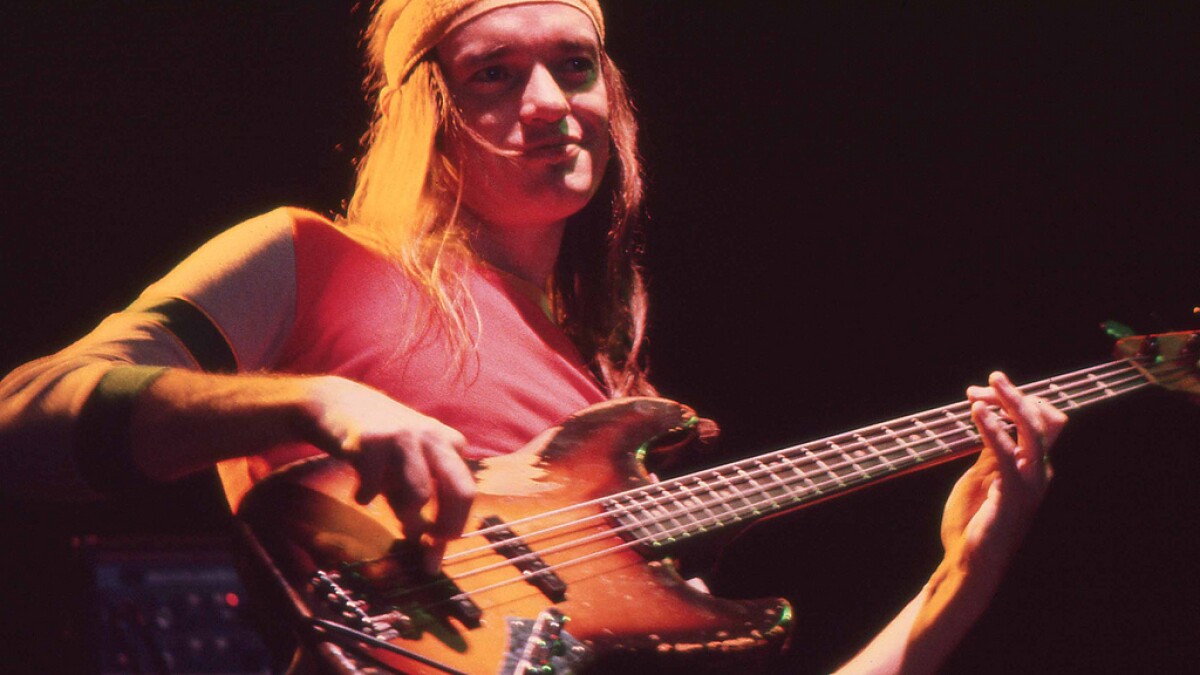
The same day Tosh was killed, legendary fretless bass player Jaco Pastorius made a series of bad decisions which led to his death. Pastorius died of a brain hemorrhage in hospital after being involved in a scuffle with a club bouncer who was a martial arts expert. Pastorius had smashed a glass door at the club in Sunrise, Florida after being kicked out. This after already being thrown out of a Santana concert that night where he had managed to sneak on stage. The club employee who injured him pleaded guilty to manslaughter and served four months of a 22-month sentence.
On Sept. 13, 2006, rapper Tupac Shakur was killed in a drive-by shooting in Las Vegas. The 25 year old, who was also an actor and songwriter, had a problematic career. He got roughed up by police in a jaywalking incident in Oakland in 1991, pleaded guilty to misdemeanor assault in 1993, was charged with carrying a concealed weapon in 1994, and was sued for wrongful death after his gun dropped and accidentally fired, killing a six-year-old boy who was riding his bicycle 100 metres away. On Halloween 1993, Shakur was arrested in Atlanta in relation to the shooting of two off-duty police officers. In 1994 he was convicted of sexual assault. Then he was shot in the lobby of a recording studio. He died in September 1996 when a white Cadillac pulled up alongside his BMW and fired into the vehicle, striking him four times.
The Notorious B.I.G., Biggie Smalls (Christopher Wallace) died in L.A. the following year in early March, when a man in a Chevy Impala pulled up alongside the SUV Wallace was in and fired into the vehicle striking him four times. Two weeks after his death, the already completed — and renamed — album Life After Death was released. It was a huge success, going diamond within three years. Biggie is considered one of the greatest rappers of all time.
Finally, Pantera (and later Damageplan) guitarist “Dimebag” Darrell Abbott was killed in 2004, 24 years to the day after Lennon. That night, at a Damageplan gig in Columbus, Ohio, a young man in the crowd rushed the stage and shot Abbott during the first song. One of the band’s security guards, a venue staff member and another fan were also shot and killed in the aftermath. Several other people were injured before a police officer finally killed the gunman with a shotgun blast to the head. Abbott is included on practically every list of greatest guitarists.




